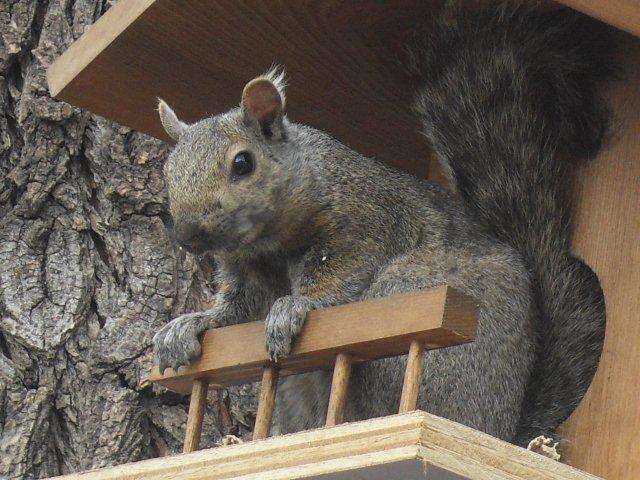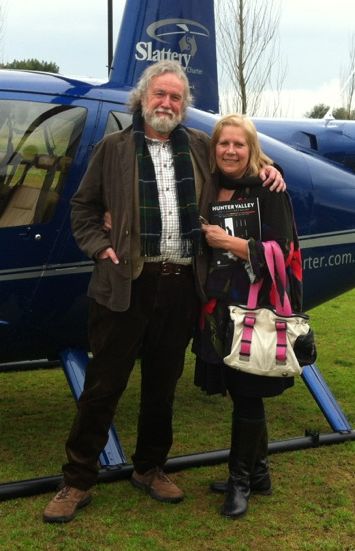Approaches, Structures and Forms
A structure is the presence (as in meter) or absence (as in free verse) of a set number and/or position of items (e.g. lines, stanzas, feet, beats, alliterations, syllables, etc.) in a poem. For example, iambic trimeter quatrains comprise a structure: 4-line stanzas, each line having three iambic feet.
 |
| Earl the Squirrel's Rule #42 |
An approach is a treatment or refashioning of a structure/form. These may involve rearranging or deleting linebreaks. To wit, a curgina such as "Beans" presents verse with free verse linebreaks. Corata, such as the iambic tetrameter "Shadows" or the double sonnet "This Won't Make Sense", is verse with the linebreaks, but not generally the stanza/paragraph breaks, removed.
The most difficult approach is the reverser, such as Jon Reed's "Lost Generation", which makes sense when its words are read forwards then, backwards.
Cadas
 |
| Earl the Squirrel's Rule #25 |
Like Ezra Pound's "In a Station of the Metro", "Paradise Has No Colonies" is iambic free verse. Notice how each line, if viewed independently, addresses a different subtheme typically associated with prostitution:
Rosie knows the night - experience
is a forgiving - redemption
thing. She takes her daughter's - incest
corner, posing just a little - artifice
further from the street - intimidation
light. It's a school - street-wise education
night for Lynn; someone - humanization in obscurity
will have the children - motherhood
in bed by ten. - pedophilia
"Paradise Has No Colonies" adopts the tone of most "direct" cadas we've seen, similar to the opening scenes of a dimestore horror novel: prosey and prosaic, with a hint of foreboding. The references are direct, if a little jumbled (e.g. "she takes her daughter's...thing" for incest). By contrast, the "indirect" "This Won't Make Sense" is a bumpier ride, relying more on jump cuts, like Bob Dylan's "Subterranean Homesick Blues", and on allusions that don't become evident until after the final couplet.
You bring us back to beaches, bonfires, flames that flutter like the wings of butterflies. You tease a gap-toothed child. A baseball game begins, the math of farm team hits and tries, of boys in shirts and shorts and gel-spiked hair. They'll take the Number 7 subway train to watch some football, giants battling bears or other beasts. One plays a video game.
The boss, in a hoop skirt and bobby socks, surveys the paintings of dancehalls and gifts. The music rests. The actors eat cupcakes. The therapist observes. Her reading glasses shift. A Labrador detects a silent cue. It barks. It runs in rings and waits for you.
The sunlight fades your dress and curls, but you're not home until you hug your pup. Drawing pink and purple lambs, a girl devours her chocolate peanut butter cup. As tiny voices sing an old jazz tune caretakers pass along their business cards. A spaniel jumps a soccer ball and, soon, an artist grabs her pencils and regards the scene: the dog's ballet, the jazz, the sheep; all fit here like a horse and cowboy boots. Beyond the pool we watch an arrow's steep descent, to land so deep within our roots.
Such was the fall, before the winter took the green and gilded leaves of Sandy Hook.
Conclusion:
 |
| Earl the Squirrel's Rule #12 |
How does the cada fit in with Rule #12? If they like the surface story readers might appreciate "Paradise Has No Colonies" without ever understanding the subtext. Bearing in mind that the future (and past) of poetry is in audiovideo, a "This Won't Make Sense" slideshow presentation would make the contexts clear through pictures of the victims and the references evident through annotations onscreen.
In conclusion, the cada, is anti-synergetic: the whole is significantly less than the sum of its parts.
















